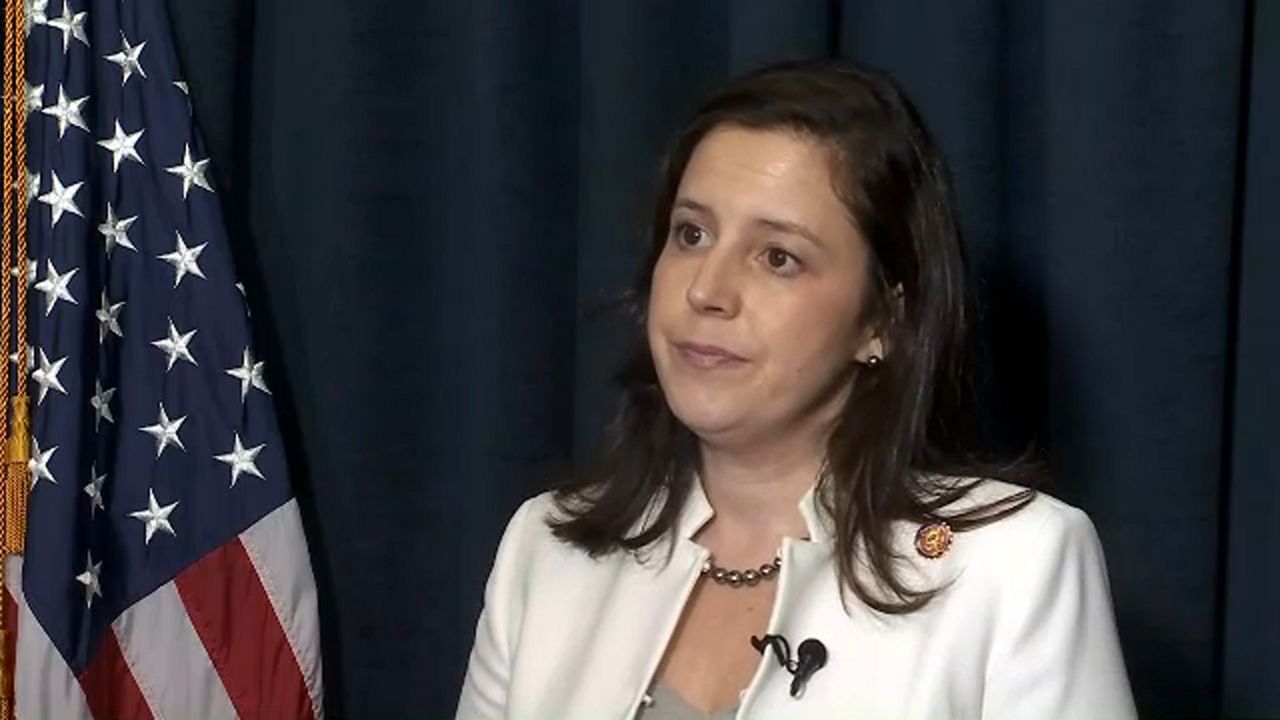Rep. Elise Stefanik in a letter released Tuesday urged Senate Majority Leader Mitch McConnell to back aid to New York's state government as well as the local governments who have been financially battered by the coronavirus pandemic.
The letter comes as lawmakers in Congress are negotiating the details of the next pandemic stimulus package that would result in direct aid to states and local governments who have had their revenue evaporate during the crisis.
“While the CARES Act provided significant funding to support state budgets, there is still critical need for further funds,” Stefanik said.
“I have repeatedly called on our leaders in the House and the Senate to include essential funding for state and local governments in any forthcoming COVID-19 relief package. It is crucial that we deliver direct aid to local municipalities, who have been severely impacted by revenue loss, especially in our more rural communities. I will continue to work with my colleagues and advocate for our communities as we consider the forthcoming legislative package related to COVID-19.”
Cuts in spending to New York could be especially deep. New York is already withhold millions of dollars in aid to local governments as well as funding for groups that provide substance abuse services.
The money is yet to be officially cut as Gov. Andrew Cuomo's administration awaits a final outcome on the federal aid package.
But Cuomo has warned cuts of up to 20 percent are possible for schools, local governments and health care if the money from Congress is not approved.
There has been little expressed enthusiasm from McConnell for aid states like New York. He previously suggested New York and other states declare bankruptcy, a move that is not legal for a state to do and Cuomo quickly condemned.
On the local level, sales tax revenue has sharply declined since April, when much of the economy was closed and even as businesses have started to reopen is yet to fully recover.
"Limiting the spread of coronavirus has required our local governments to put in place social distancing measures and cancel large gatherings to limit physical interaction. One of the many consequences has been the drastic reduction of tax revenue, severely impacting New York’s revenue stream," Stefanik wrote in the letter. "Though these measures were necessary, it has caused significant economic damage to both businesses and local governments."


